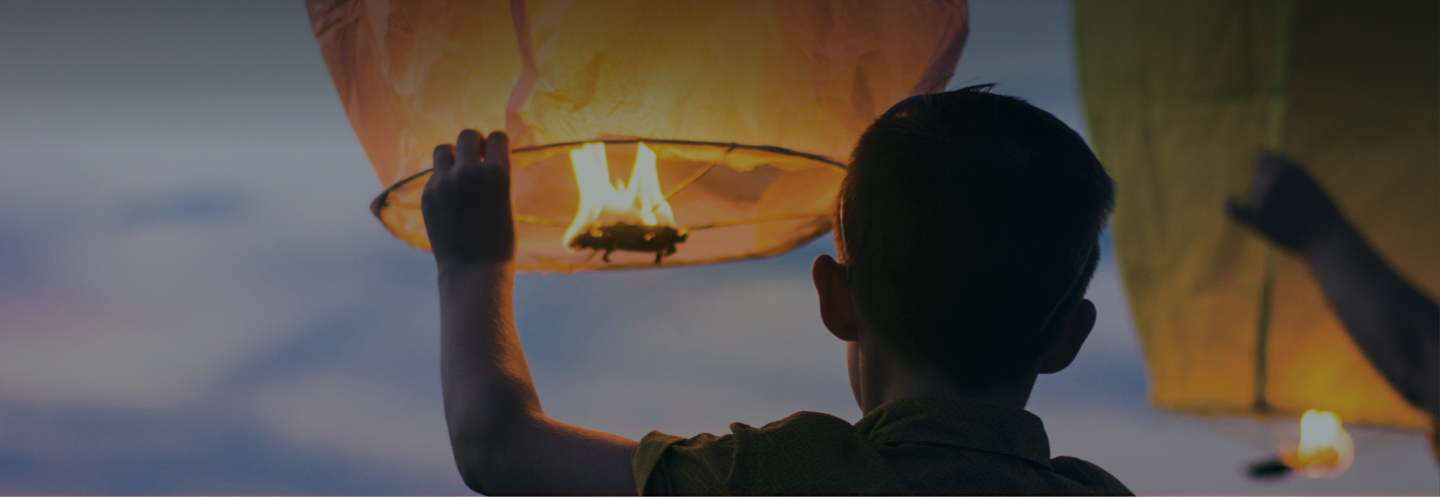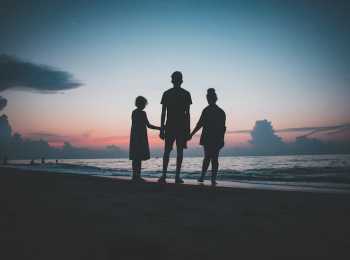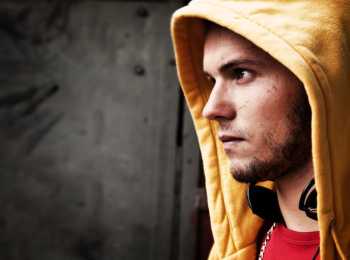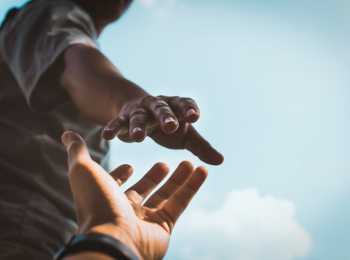My brother or sister's ongoing treatment
Active treatment has ended, so your sister or brother now enters a stage called ‘survivorship’. But it’s not easy to make an overnight shift from ‘patient’ to ‘survivor’.
Surviving cancer is more complicated than just having treatment to get rid of the disease. While cancer may be gone from their body, its effects can still remain. There are often ongoing emotional, psychological and practical after-effects for them, which will impact on your whole family.
Changes
Even though treatment is finished your sister or brother might still feel low, tired, anxious or worried about the future.
-
They may still be coming to terms with physical changes because of their cancer or cancer treatment (like scars, loss of a limb, weight gain or loss), ongoing pain, or problems with memory and concentration.
-
These can affect their body image and confidence, and they may not want to go back to school/study/work or start going out again.
-
Depending on the age of your brother or sister they may go through a time of re-adjustment, filled with soul searching questions and re-thinking about what they want to do and how they want to live.
If you think they’re not coping or adjusting to life after cancer, chat with a Canteen counsellor or the social worker at the hospital about what you should look for and ideas to help.
Check ups or ‘follow up’ care
After active treatment has finished, doctors and hospitals will still be part of your sister’s or brother’s life for a long time.
Things you should know:
-
They will need to have regular check ups with their doctor to check that the body is settling back to normal following treatment, and to check that there are no problems.
-
Depending on the type of cancer your sister or brother had, they may need to link with other professionals to ‘rehabilitate’ (to help the part of their body recover from treatment) – this could be something physical, like learning how to walk again, or study related to help them get back into school after treatment. Generally, there is really good support for them to get back into daily life following their treatment, but it may mean more time and something else to get used to for you.
-
Down the track, the doctors also will be looking out for and supporting your brother or sister in dealing with any ‘late effects’. Late effects are side effects of treatment that might not show up until well after treatment has finished, even later in life, and include lung, heart, kidney or liver problems, tooth decay and memory or concentration problems. They do not mean the cancer has returned, but it’s important for the doctor to keep an eye out.
Getting back to normal after my brother or sister's cancer
After their treatment finishes, your sister or brother, you or other people may expect that life will go back to the way it was before. As a general rule, at least a few things will be different.
For your sister or brother especially, life has seriously changed. In view of all this change, it’s often better to think about the next chapter of your life rather than trying to go back to how it was before cancer.
You need to work with your family to create your ‘new normal’. Work together to find ways to continue to support each other, and acknowledge the changes that come with survivorship.
You might find it helpful to chat with or read stories by other young people whose sister or brother is a cancer survivor. Log in to the Canteen Community, or find out about our peer support programs and groups.
Pressure to ‘move on’
You, your friends, your teacher or your boss might think that everything should be ‘back to normal’ now that your sister or brother is home and finished their treatment. But just because they’re now considered a survivor it doesn’t mean cancer is no longer part of your life. It’s normal to worry about whether cancer might come back and having to deal with all this stuff again.
Tell them you need space and time to adjust. But if you feel like you’re not coping (like if you can’t stop worrying about the cancer coming back or cancer striking you or someone else in your family), talk to someone who can help. Talk to a Canteen counsellor (by phone, online or in person).
Dealing with loss & change after my brother or sister's cancer
Time, routines, friends … you may have lost many things as a result of your sister or brother having cancer. Learning to cope with losses is part of the process of getting back to ‘normal’.
Grief isn’t just about death. Grief is actually the reaction we have in response to the loss of anything that is really important to us.
Simply put, loss is what happens and grief is how we feel about it. You can think of loss as any event or thing that changes the way things have been.
It’s quite normal to feel grief important losses you have experienced because of their cancer, like:
-
Time spent away from your regular life, and chances you missed.
-
Experiences, like missing your year 12 formal, or playing in the rugby final.
-
Going to uni or TAFE with your friends, because you had to support your family.
-
A cancelled holiday.
-
Relationships and friendships – because you couldn’t go out as much or didn’t feel like doing the same things you used to.
-
Your parent’s attention or affection for a while.
-
Your ‘old’ sister or brother – if they’ve changed a lot because of what they’ve been through.
-
Routines. It’s surprising how much you can miss normal, mundane things when your personal and family routines have changed.
Coping with loss and grief
The best thing you can do is acknowledge the things you have lost, and allow yourself to grieve for them.
What is important is to learn positive ways to cope with your grief and the warning signs that your grief is complicated or could tip over into depression. Read more about loss and grief.
You don’t have to cope alone
Join the Canteen Community to read stories about how other young people have coped with different losses and chat to them. Or talk to a Canteen counsellor about what you’re feeling and to get some advice. They can chat with you online, by phone, or in person.
If my brother or sister's cancer comes back
It is possible for cancer to return. This is called relapse (also known as recurrence). It means return of a sign, symptom or tumour after your sister or brother has been in remission (cancer-free).
If your sister’s or brother’s cancer returns, this can be really tough and come as a big shock. Many of the emotions you felt when you first heard they had cancer will come crashing back. Understanding what it means can help.
What is recurrence?
A recurrent cancer (sometime called relapse) normally starts with cancer cells that the first treatment didn’t fully remove or destroy.
This doesn’t mean that the treatment they received was wrong. And it doesn’t mean that they did anything wrong. It just means that a small number of cancer cells survived the treatment.
When cancer comes back, it doesn’t always show up in the same part of the body – for example, if your sister or brother had leukaemia or other blood disorder then the cancer often reappears in the central nervous system or the bone marrow. If they had a tumour it may return in the same place or close by, or a different area of the body.
Not again!
Dealing with a recurrence can be just as hard as, or harder than, dealing with the original cancer for your sister or brother and your whole family. It’s normal to be angry and think ‘How can this be happening again? Haven’t they been through enough??’.
Other common reactions at relapse are shock, sadness and fear. But one thing that your sister or brother, you and your family have now that you didn’t have the first time round is experience. They made it through cancer once. There is no reason why they can’t do it again.
Your sister or brother and/or parents will make decisions about what to do next depending on what their treatment options are this time and what they are willing to go through again. This may be really hard for you as you may feel like you have no control over the decisions that they make and you may be very scared about what will happen.
Like all the other stages you have been through with cancer, getting the right information is really important.
-
Ask people to be honest with you about what is happening.
-
Talk about how you feel with a trusted friend or family member or one of our counsellors.
-
Join or log in to the Canteen Community and find other young people who’ve dealt with a relapse (their own or a parent’s or sibling’s).

















